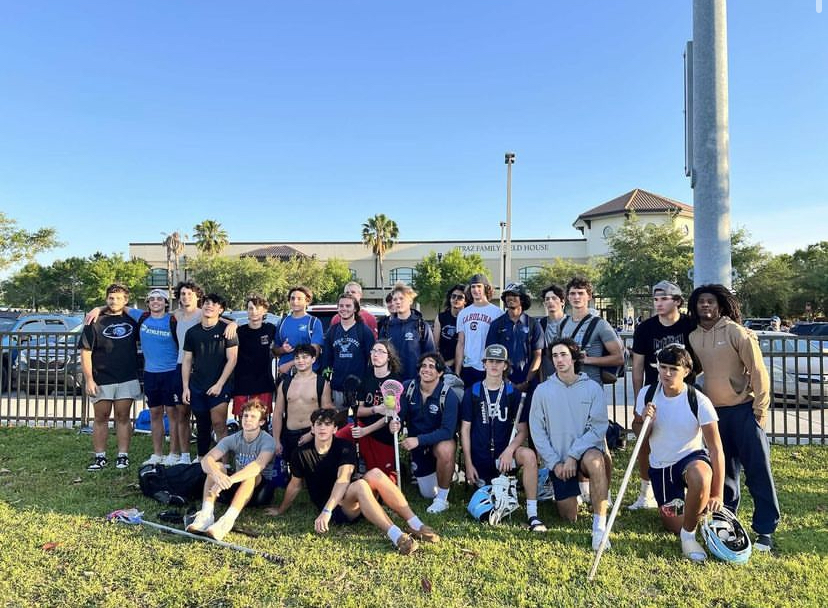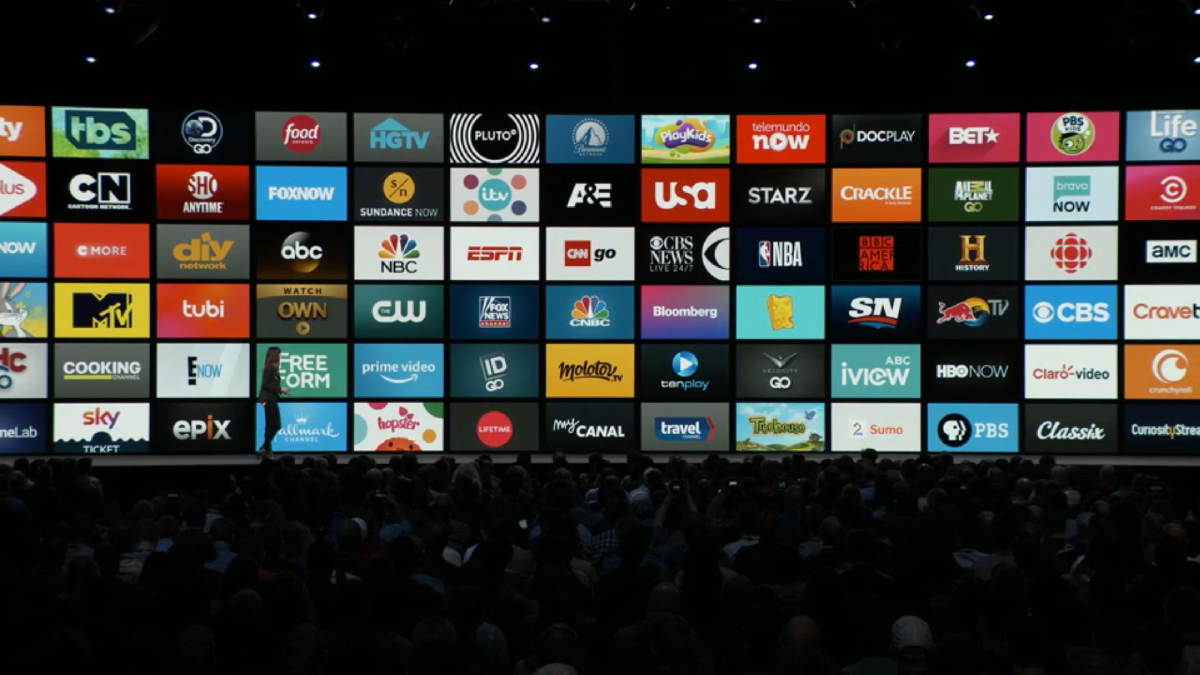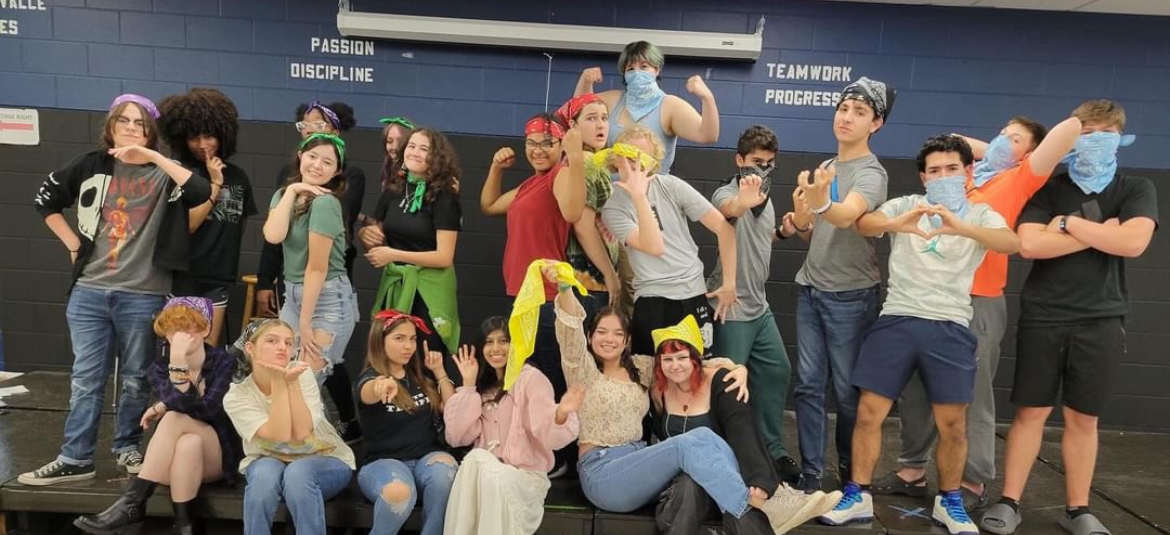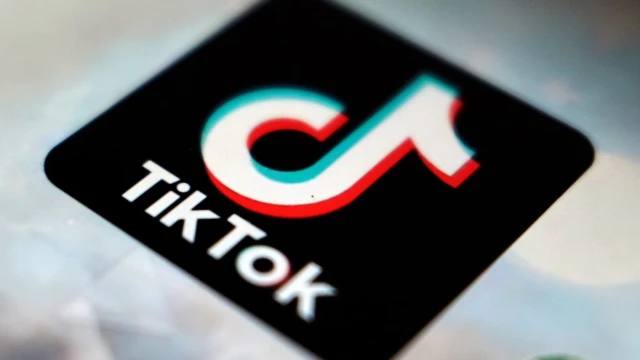United States TikTok ban
The TikTok app logo is pictured in Tokyo, Sept. 28, 2020.
TikTok is a short-form video hosting service owned by the Chinese company ByteDance, the site has billion active users spread across 154 countries and 210 million in the United States; the app is one of the largest social media platforms on Earth. The app is no doubt popular in the U.S. with over 100 million active users monthly in the states the platform can create instant viral hits has propelled the app to the center of internet cultural. However, despite the apps undisputed fame, the famous social media platform could face a nation-wide ban in the United States.
How did it come to this?
Concern about the apps data security has been a growing worry in the minds of the federal employees. There has long been a bipartisan concern in Washington that Beijing would use legal and regulatory power to seize American user data or try to push pro-China narratives or misinformation. TikTok has denied the allegations that they are gathering intel on its users, but the fears remain in the hearts of Congress.
TikTok spokesperson, Brooke Oberwetter said the company was “disappointed” that Congress moved forward with the proposal and that it was “a political gesture that will do nothing to advance national security interests.” U.S. security concerns about TikTok is not a recent development. Donald Trump sought, unsuccessfully, to ban the popular social media platform in 2020 after that concerns for the app lessoned; until 2022 that news outlets reported ByteDance employees were accessing U.S. TikTok user information.
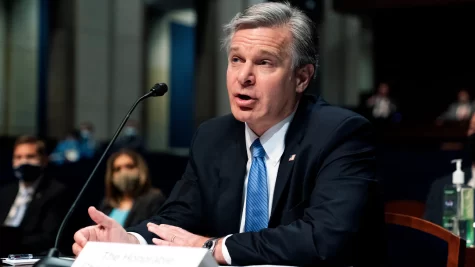
Fears only furthered about national security concerns when warnings from the FBI director, Christopher Wray, said that the Chinese government could use the app to gain access to US users’ devices.
What states are taking action?
On December 20th, President Joe Biden signed a bill, approving an unprecedented ban on the use of TikTok on federal government devices. While the Chinese-owned app was already banned on U.S. House mobile devices, the ban leaves the future of TikTok in the United States to be questioned.
Officials say the ban is necessary due to a national security concerns about the China-based owner of the app, ByteDance with the U.S. voicing uneasiness about the Chinese government using TikTok to access U.S. user data.
There are at least 25 states to ban TikTok on government-devices due to over-mounting security concerns some of which have already issued forms of prohibition of the use of TikTok on state devices.
List of U.S. states banning TikTok:
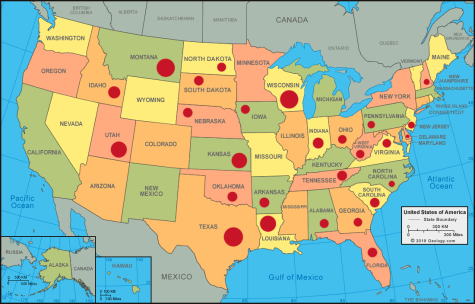
Florida- In August 2020, Florida’s Department of Financial Services ordered a ban on TikTok on all department owned devices by order from Florida’s chief financial officer, Jimmy Patronis.
Nebraska- The second state to ban TikTok on all state devices in 2020. Former Governor of Nebraska, Pete Ricketts stated, “As an app owned by a company based in China, TikTok is legally obligated to provide data its users to the country’s communist regime upon request.”
South Dakota– South Dakota’s governor Kristi Noem signed an executive order on November 29, 2022, banning state officials from using the app on government devices. “South Dakota will have no part in the intelligence gathering operations of nations who hate us,” Noem said during a press release.
South Carolina– State governor Henry McMaster wrote a memo in December to the state’s Department of Administration requesting a ban on TikTok on all government devices managed by the department. The governor stated, “protecting our State’s critical cyber infrastructure from foreign and domestic threats is key to ensuring the health, safety, and well-being of citizens and business.”
Maryland– Maryland’s Office of Security Management announced a cybersecurity directive signed by chief information security officer Chip Stewart to ban vendors and products that present a suspected level of cybersecurity risk to government entitles.
Indiana– Indiana’s Attorney general Todd Rokita sued TikTok on December 8, on the grounds that the platform deceived users about China’s access to user data and exposed children to mature content. That same day Indiana’s Office of Technology blocked access to TikTok on state devices.
Texas– Texas’s state governor Greg Abbot banned the social media platform on state devices on December 7 by the means of claiming an order to state agency heads. “TikTok harvests vast amounts of data from its users’ devices—including when, where, and how they conduct internet activity—and offers this trove of potentially sensitive information to the Chinese government,” Abbot’s claim stated.
Oklahoma– State governor Ken Stitt of Oklahoma issued an executive order banning TikTok on December 8. The official said during a press release, “We will not participate in helping the Chinese Communist Party gain access to government information.”
Tennessee– Tennessee’s governor Bill Lee took action to block TikTok from state networks, according to local outlets.
Utah– Spencer Cox, Utah’s governor announced on December 12 banning TikTok on state deceives while also banning officials from maintaining branded accounts on the platform. Cox said during a press release, “due to China’s access to data collected by TikTok presents a threat to our cybersecurity. As a result, we have deleted our TikTok account and ordered the same on all state-owned devices. We must protect Utahns and make sure that the people of Utah can trust the state’s security systems.”
Alabama– Governor Kay Ivey of Alabama sent a memo on December 12 to state agency heads banning TikTok on state devices and networks. Ivey emphasized that installing TikTok on state devices, “Creates an unacceptable vulnerability to Chinese infiltration operations.”
Iowa– Governor Kim Reynolds issued a directive to Iowa’s Department of Management to ban TikTok on state devices belonging to state officials from owning an account on the platform. “I refuse to subject the citizens of Iowa to a risk of national security,” Reynolds said during a press release.
North Dakota– Doug Burgum, the state governor of North Dakota, banned the platform from state-owned devices in an executive order on December 13. “Protecting citizens’ data is our top priority, and our IT professionals have determined, in consultation with federal officials, that TikTok raises multiple flags in terms of the amount of data it collects,” Burgum said during a press conference.
Idaho– Governor Brad Little, states, “we are taking this step to protect Idahoans and Americans from the sinister motives of a foreign government that does not share our values and seeks to weaken and manipulate our country.”
New Hampshire– Governor Chris Sununu banned several Chinese apps and vendors through an executive order on December 14 including TikTok, Huawei Technologies, Tencent, and Alibaba. Sununu said in a press release, “This move will help preserve the safety, security, and privacy of the citizens of New Hampshire.”
Georgia– Governor Brian Kemp, wrote to the state agency heads banning several apps including Chinese-owned TikTok and WeChat and Russian-owned Telegram, stating, “The CCP poses an ever-present national security threat to the United States.”
Virginia– Governor Glenn Youngkin signed an executive order on December 16 banning TikTok and WeChat, and any other apps developed by Bytedance or Tencent, from state devices.
Montana– State Greg Gianforte wrote to Montana’s chief information officer Kevin Gilbertson requesting the use of TikTok on any state devices citing warnings from the FBI’s director stated TikTok is controlled by “a government that doesn’t share our values, and that has a mission that’s very much at odds with what’s in the best interests of the United States.”
West Virginia– State senator Ryan Weld sent a letter to its governor, Jim Justice requesting an order of prevention for TikTok on December 19.
Louisiana– State secretary Kyle Ardoin announced a ban on TikTok on all state devices owned by his agency on December 19, urging the state governor John Bel Edwards to ban the use of TikTok on all state devices.
Pennsylvania– State Treasurer Stacy Garrity banned TikTok on all state-owned devices and networks in the Treasury on December 22 on the grounds that, “TikTok presents a clear danger due to its close connection to the communist Chinese government.”
Kansas– Governor Laura Kelly banned TikTok on state devices through an executive order on December 30.
Ohio– Governor Mike DeWine issued an executive order on January 8 outlining Chinese social media platforms are “Intelligence gathering mechanisms.” Tencent, WeChat, Weibo and DingTalk were all on Ohio’s banned list of platforms.
New Jersey– Phil Murphy, New Jersey’s governor, announced a cybersecurity order on January 9, “prohibit the use of high-risk software and services,” like TikTok on government owned devices. New Jersey outlined a list of vendors, products, and services — particularly owned by Chinese companies — to ban including Huawei Technologies, WeChat, and Alibaba.
Arkansas– In one of her first acts as Arkansas’s governor, Sarah Sanders issued an executive order banning the social media app from all devices on January 10.
Wisconsin– Governor Tony Evers issued a statement on January 12 banning the ap and the use of other “foreign technologies” citing security, safety, and privacy concerns. The ban extends to Huawei Technologies, WeChat, Alibaba products, Russia’s Kaspersky Lab, and other platforms.
North Carolina– North Carolina’s governor Roy Cooper issued a ban on Chinese platforms TikTok and WeChat on state devices on January 12 saying: “It’s important for us to protect state information technology from foreign countries that have actively participated in cyberattacks against the United States.”
Universities banning TikTok
While most state governments are only banning the app from government owned devices, several universities have also began to restrict access to the app. While these efforts do not fully bar TikTok, they can inhibit the facilities research, teaching and ability to connect with students.

“These higher education universities are being cautious because they could lose public funding or be sued if there is a major security breach due to TikTok,” said Vanessa Dennen, professor of instructional systems and learning technologies at Florida State University, which has no ban.
The amount of colleges banning the app will likely grow as the University of Oklahoma, Auburn University in Alabama and 26 public universities and colleges in Georgia have banned the app from their Wi-fi networks.
Some K-12 schools have also blocked the app which is not uncommon. Public schools in Virginia’s Stafford, Prince William and Loudoun counties have banned TikTok on school-issued devices and schools’ Wi-Fi networks. Louisiana’s state superintendent of education recommended that schools in the state remove the app from public devices and block it on school-issued devices.
What now?
With both the Trump and Biden administrations both proposing TikTok regulations trying to figure out how to ensure that the information about Americans who use the service doesn’t land in the hands of Beijing officials. Despite so many different officials making plans to suspend the app, the company has mostly kept in silence choosing to keep communications with Washington private, but now the platform is shifting its approach.
Erich Anderson, general counsel of ByteDance, the Chinese owner of TikTok; he states that the company has been “heads down” in private conversations with a committee led by Biden administration to review foreign investments in the U.S. “What we learned, unfortunately the hard way, this fall was it was necessary for us to accelerate our own explanation of what we were prepared to do and the level of commitments on the national security process,” Mr. Andersen said.
The Committee on Foreign Investment in the United States, or CFIUS, to address questions about ByteDance’s relationship with the Chinese government and whether that link could put the sensitive data of 100 million U.S. users into the hands of Beijing officials. The company assumed that those talks would reach a resolution soon after it submitted a 90-page proposal to the administration in August.
Under the proposal agreement, now being called Project Texas, TikTok would remain owned by ByteDance. However, the social media platform would take on a series of steps that would prevent the Chinese Government from having access to data on U.S. users and offer the United States government oversight of the app.

The company has proposed putting all U.S. user data into domestic servers owned and operated by Oracle (a massive American software system.) In doing this, the U.S. user data would not be permitted to leave the United States, nor would it be accessible by ByteDance or TikTok employees outside the country. The program proposes having CFIUS conduct regular audits of the new data system and creating a new unit, TikTok U.S. Data Security, with 2,500 engineers, security experts, and trust and safety officials, all based in the United States, who have access to TikTok’s U.S. user data for business functions. The unit would report to a three-member board assigned by CFIUS. In addition, TikTok’s source code, which offers insight into why certain videos are shown in users’ feeds, would be reviewed by Oracle and a third-party inspector.
“We knew that, in order to earn trust, we would have to build a system that provided an unprecedented level of security and transparency — that’s what we’ve done and will continue to do,” Mr. Chew said in an interview.
The proposal, unfortunately, has not gotten many responses from the Washington panel. For now, the future of TikTok remains a mystery; with the issue crossing international borders the problem will take longer to resolve itself. New government policies will continue to develop in the hearts of Beijing and Washington determined to settle the skirmish on the famous platform.
Your donation will support the student journalists of Wesley Chapel High School. Your contribution will allow us to purchase equipment and cover our annual website hosting costs.




